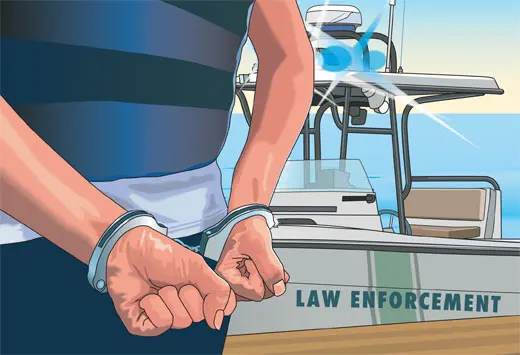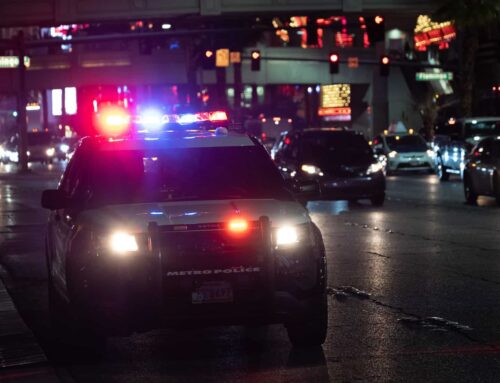Boating Under The Influence
Boating Under The Influence – You may think that operating a boat while under the influence of alcohol is legal, but it is not. In fact, boating under the influence (BUI) is a crime under federal and state laws. The U.S. Coast Guard routinely patrols our waterways and can arrest you the same as if you were driving a car under the influence. The law pertains to everything from canoes and rowboats to large ships.
Below, you will find a list of frequently asked questions regarding BUIs including a definition of the crime, penalties, and more. If you want more information, see www.selectsr22insurance.com.
Q: Can law enforcement pull me over in my boat, just like in a DUI case?
A: Yes, state and federal law enforcement officials can pull a boat operator over on suspicion that the operator is driving a boat while under the influence, just like they can when you are driving a car.
Law enforcement officials may also set up checkpoints on the water, just like roadside DUI checkpoints, to question and check boat operators for Boating Under the Influence (BUI). Some states do not even require “probable cause” for law enforcement officials to be able to board your boat. In Delaware, they can just do it.
Even if they don’t charge you with violating federal laws prohibiting boating while intoxicated, federal authorities like the U.S. Coast Guard can also hold and transfer you to state authorities for additional prosecution.
Q: Can I lose my boating license or permit from a BUI conviction?
A: Perhaps. It depends on your state’s boating regulations and other laws. A lawyer can help you with this important question.
Q: Do many people have criminal convictions for boating while drunk?
A: Yes, and with more states focusing on BUI violations, the number doesn’t appear likely to decrease. A BUI conviction often has the same consequences as a DUI conviction.
Q: Do I have to go to jail for a BUI conviction, or do I only have to pay a fine?
A: The answer depends on your state’s boating and criminal laws, the particular violations that you are accused of, and the legal penalties for a particular conviction. Often, a state’s BUI laws and penalties mirror the state’s DUI laws and penalties.
Q: Do I have to submit to a Breathalyzer or blood test?
A: Whether you are allowed to refuse a breathalyzer test varies from state to state. If you don’t know, it might be wise to politely decline. Doing so in some states like Pennsylvania, however, could result in an automatic suspension of your boating privileges. In other states like Florida, your license cannot be automatically suspended for refusing to submit to a BAC test.
Q: Can I be subjected to a field sobriety test?
A: Probably. State authorities may ask you to “walk and turn,” recite a particular phrase, or other tasks. The general purpose of field sobriety tests is to help determine if you are able to perform the basic functions required to safely operate a boat or other watercraft. Some of the field sobriety tests used are not necessarily applicable on the water though, because the boat you are on may prevent even a sober person from passing the test. In this situation, a Breathalyzer test is more likely.
Q: Even if I’m convicted, can’t I just perform “community service?”
A: Probably not. Many states require people convicted of BUI offenses to attend mandatory boater education classes, as well as alcohol and drug counseling. If you are convicted of a criminal offense, you will have a criminal record. Depending on the severity of the conviction (i.e., if it is a felony or misdemeanor), you could face severe legal consequences and restrictions.
One option you may have is called a “wet reckless” which is similar the same term used in DUI law. The prosecutor may give you the option to plead guilty in exchange for a charge with smaller penalties, like recklessly operating a watercraft.
Consult with an Experienced SR22 Insurance Expert like Select Insurance Group for FREE by calling (855) 438-7353.





